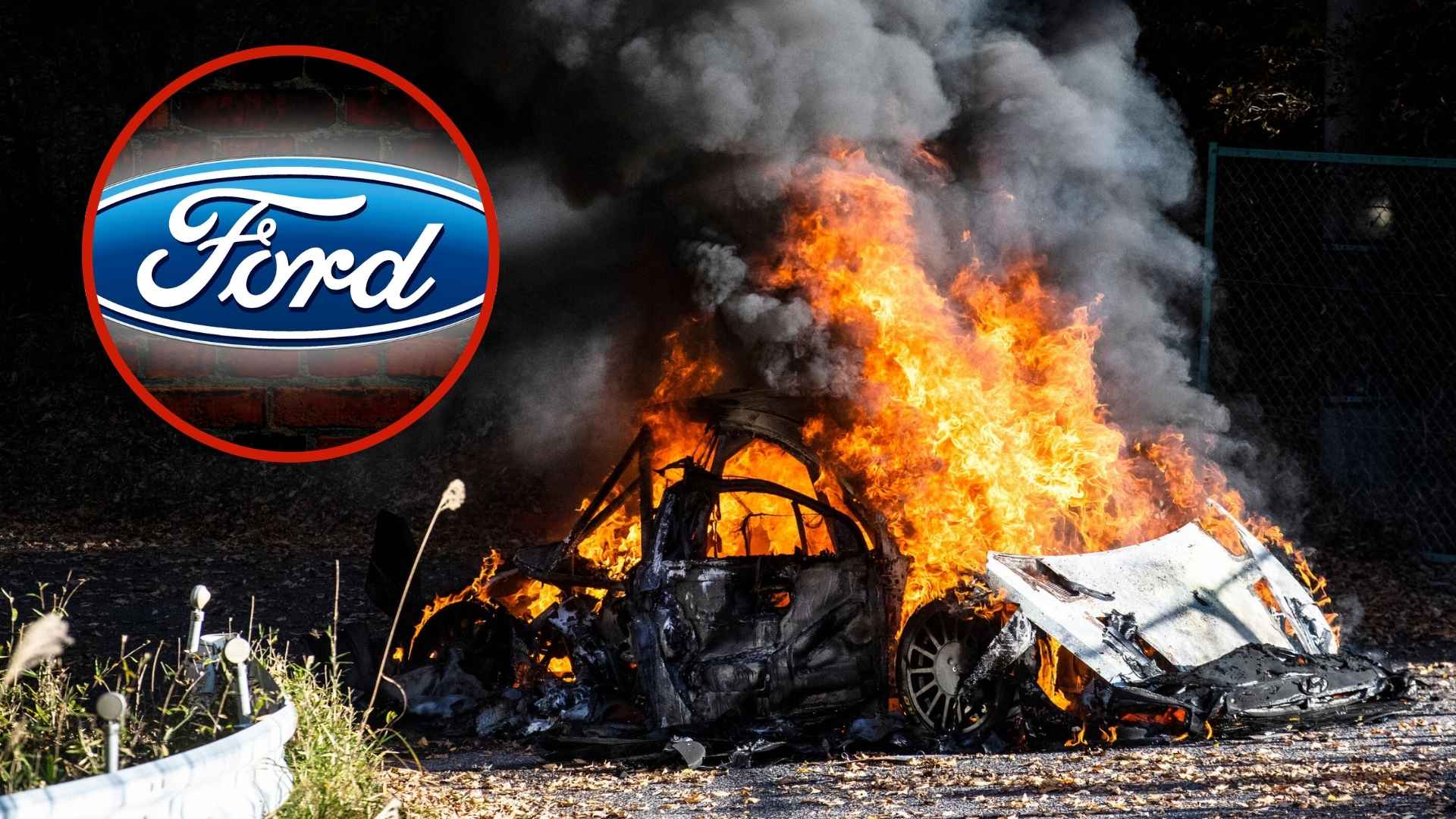Cracked fuel injectors in 1.5-liter EcoBoost engines trigger nationwide safety action, with notices due August 18-22
Ford Motor Company is pulling 694,000 of its most popular small SUVs out of driveways and dealer lots after regulators tied cracked fuel injectors to eight under-hood fires. The recall, ordered jointly with the National Highway Traffic Safety Administration (NHTSA), targets 2020-2022 Ford Escape and 2021-2024 Bronco Sport models built with the 1.5-liter three-cylinder EcoBoost engine.
How the fuel injector defect puts Ford crossover owners at risk
A high-pressure injector supplied by Dumarey Flowmotion Technologies can split along its body, letting gasoline leak onto hot engine parts. It sounds minor, but one spark is enough to ignite vapors—and nobody wants flames licking the firewall on the morning commute. Ford has already tried a software patch; this fresh action confirms hardware must be inspected and, if necessary, replaced.
What are the steps recommended by Ford and the NHTSA to check your Escape or Bronco? Do you drive one of these popular crossovers? Here’s the quick checklist every owner should run through before the August notices arrive:
- Schedule the free repair; dealers will swap the injector and install monitoring software.
- Pull out your vehicle identification number (VIN) from the door jamb or insurance card.
- Enter it at Ford.com/recalls or call 866-436-7332.
- Park outdoors if you smell fuel or see a warning light—it’s rare, but why gamble?
Key dates and VIN lookup tools to stay ahead of the recall
Between August 18 and 22, 2025, Ford plans to mail first-class letters explaining when parts will be ready. In the meantime, NHTSA campaign 25V-467 holds official documents and future updates. Wondering whether you’ll face a long wait? Ford says most parts are already in its U.S. distribution centers.
| Model | Model years | Assembly plant | Engine |
|---|---|---|---|
| Escape | 2020–2022 | Louisville, KY | 1.5‑L EcoBoost |
| Bronco Sport | 2021–2024 | Hermosillo, MX | 1.5‑L EcoBoost |
Consequently, owners of 2.0‑liter EcoBoost and 2.5‑liter hybrid versions can breathe easy; those engines are not on the list.
What owners should expect after completing the Ford EcoBoost recall repair process? Hold on—what does this mean for resale values and peace of mind? Experts say recalls, once completed, rarely dent residuals. The real cost comes from ignoring the letter. First, confirm your VIN. Next, book the fix. Finally, keep records; they protect you if you sell the vehicle later.

